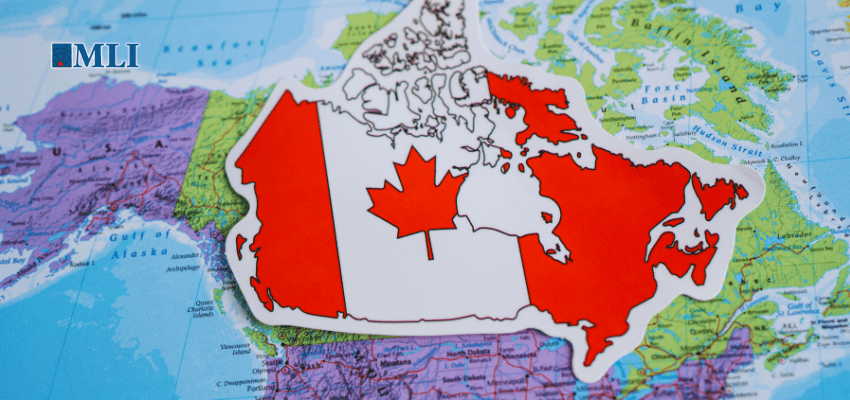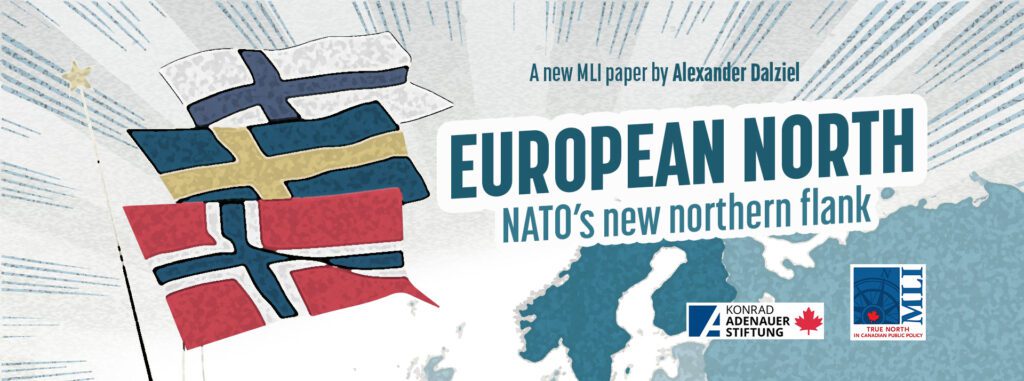This article originally appeared in the Globe and Mail.
By Jonathan Berkshire Miller, February 28, 2025
From Russia’s aggression in Ukraine and China’s coercive diplomacy, to American protectionism and the fracturing of global institutions, the world order is no longer predictable. Yet Ottawa continues to navigate these crises with an outdated and ineffective foreign-policy tool kit.
For decades, Canadian foreign policy has leaned on the idea that we can simply “punch above our weight” by participating in international organizations, making ourselves useful to global institutions and embracing the moral high ground. While multilateralism has its merits, it is no longer enough in a world where power politics and regional blocs increasingly define international relations. Our reliance on international forums – be it the United Nations, NATO or the G20 – has led to complacency, where participation is mistaken for influence and moral rhetoric is confused with strategic action.
Canada’s commitment to liberal internationalism is admirable, but the Trudeau government has often cast foreign policy through the lens of those values – democracy, human rights and inclusivity – without aligning those ideals with concrete strategic interests. Canada championed human rights in China while failing to secure the release of Michael Kovrig and Michael Spavor for nearly three years. We have criticized Saudi Arabia’s human rights record while still needing their oil investments. And we have denounced Russia while falling short on meaningful military contributions to Ukraine beyond financial support.
In place of this values-first approach, Canada must now embrace a coherent grand strategy that prioritizes realpolitik over virtue-signalling and national interest over the uncritical embrace of broad multilateralism. This means reassessing our alliances, expanding our partnerships in targeted ways, and pursuing security and economic interests with clarity and purpose.
One key avenue for a new approach is “minilateralism” – the pursuit of strategic partnerships with small but effective coalitions of like-minded states. This model has been successfully used by middle powers such as Australia and Korea, which have built tailored alliances around economic security, defence co-operation and technological innovation. Canada should do the same, particularly in the Indo-Pacific and Europe.
The Indo-Pacific, in particular, is where Canada must assert itself. Despite a promising new strategy for the region, our current approach remains largely reactive and too often filled with empty rhetoric. Canada has been absent from major regional security initiatives like the Quad or the defence pact between Britain, Australia and the U.S., and remains a fringe player in key minilateral activities among the U.S. and its allies. If Canada is serious about being a Pacific nation, we need deeper bilateral and minilateral security commitments in the region – whether through joint naval operations, intelligence-sharing agreements or military technology partnerships.
Similarly, we should move beyond broad NATO participation and deepen our partnerships with European countries that share our security concerns. The Baltic states, Poland, and Nordic nations have emerged as front line defenders against Russian aggression, and Canada should be engaging more robustly with them – not only in military deterrence, but also in energy co-operation and technology security.
A comprehensive grand strategy for Canada should also recognize the vulnerability of its critical infrastructure, supply chains, telecommunications and energy systems to state-sponsored cyberattacks, disinformation campaigns and economic coercion. Ottawa must prioritize domestic investments in cybersecurity and resilience while developing joint technological initiatives with a renewed focus on technological sovereignty with minilateral partners. Collaborating with countries that share similar vulnerabilities will help build a collective defence against emerging digital threats.
At the same time, Canada must rethink its approach to global trade. As countries such as China assert their economic power through coercive trade tactics, our reliance on globalized, rules-based trade frameworks must be recalibrated. Canada should diversify its markets by strengthening ties with like-minded economies in the Indo-Pacific and Europe. Minilateral trade pacts like the Comprehensive and Progressive Agreement for Trans-Pacific Partnership (CPTPP) and the European Union-Canada Comprehensive Economic and Trade Agreement (CETA) offer a more flexible and effective platform for Canada to secure its economic interests while navigating the shifting global trade landscape.
Finally, Canada’s grand strategy must focus on strengthening its domestic foundation, because a resilient, self-sufficient country is essential for a robust foreign policy. Ottawa must prioritize education, innovation and the creation of a robust defence industry capable of supporting national security in the event of global instability. Minilateral partnerships with countries with shared priorities can help enhance such domestic capabilities.
By unapologetically focusing on national interests through minilateral partnerships, Canada can ensure it remains relevant and influential in an increasingly tumultuous world. Minilateralism is the key to unlocking Canada’s ability to shape global outcomes, defend its values and secure its place as a key player on the world stage.
Jonathan Berkshire Miller is the director of foreign affairs, national security and defence at the Macdonald-Laurier Institute.







